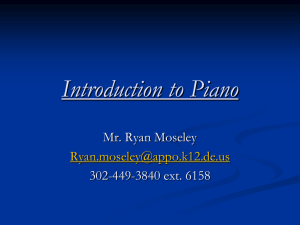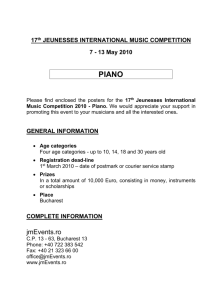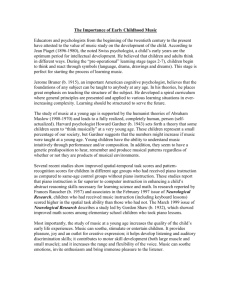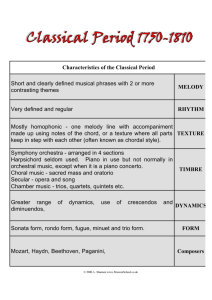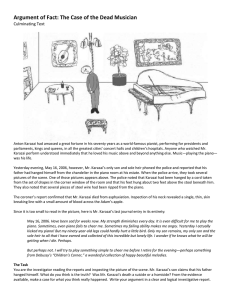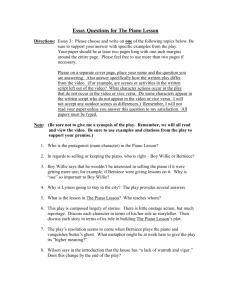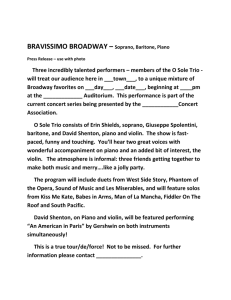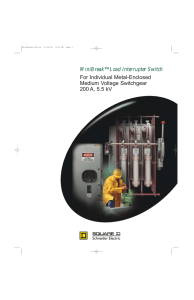12 WAYS TO JUST DO IT
advertisement
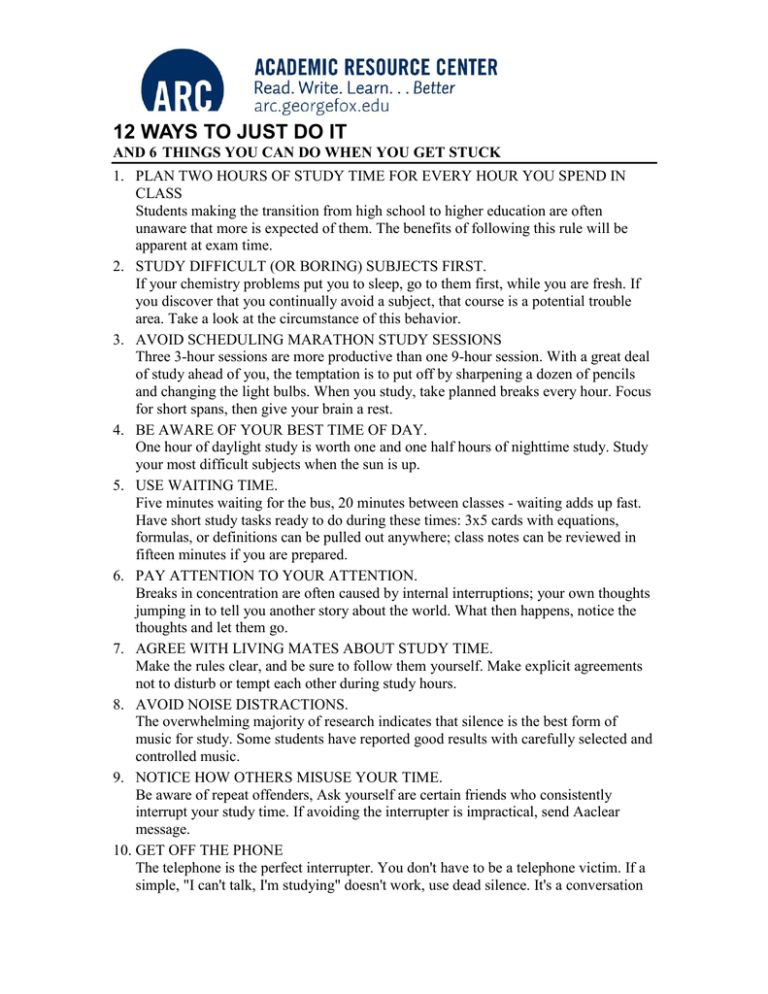
12 WAYS TO JUST DO IT AND 6 THINGS YOU CAN DO WHEN YOU GET STUCK 1. PLAN TWO HOURS OF STUDY TIME FOR EVERY HOUR YOU SPEND IN CLASS Students making the transition from high school to higher education are often unaware that more is expected of them. The benefits of following this rule will be apparent at exam time. 2. STUDY DIFFICULT (OR BORING) SUBJECTS FIRST. If your chemistry problems put you to sleep, go to them first, while you are fresh. If you discover that you continually avoid a subject, that course is a potential trouble area. Take a look at the circumstance of this behavior. 3. AVOID SCHEDULING MARATHON STUDY SESSIONS Three 3-hour sessions are more productive than one 9-hour session. With a great deal of study ahead of you, the temptation is to put off by sharpening a dozen of pencils and changing the light bulbs. When you study, take planned breaks every hour. Focus for short spans, then give your brain a rest. 4. BE AWARE OF YOUR BEST TIME OF DAY. One hour of daylight study is worth one and one half hours of nighttime study. Study your most difficult subjects when the sun is up. 5. USE WAITING TIME. Five minutes waiting for the bus, 20 minutes between classes - waiting adds up fast. Have short study tasks ready to do during these times: 3x5 cards with equations, formulas, or definitions can be pulled out anywhere; class notes can be reviewed in fifteen minutes if you are prepared. 6. PAY ATTENTION TO YOUR ATTENTION. Breaks in concentration are often caused by internal interruptions; your own thoughts jumping in to tell you another story about the world. What then happens, notice the thoughts and let them go. 7. AGREE WITH LIVING MATES ABOUT STUDY TIME. Make the rules clear, and be sure to follow them yourself. Make explicit agreements not to disturb or tempt each other during study hours. 8. AVOID NOISE DISTRACTIONS. The overwhelming majority of research indicates that silence is the best form of music for study. Some students have reported good results with carefully selected and controlled music. 9. NOTICE HOW OTHERS MISUSE YOUR TIME. Be aware of repeat offenders, Ask yourself are certain friends who consistently interrupt your study time. If avoiding the interrupter is impractical, send Aaclear message. 10. GET OFF THE PHONE The telephone is the perfect interrupter. You don't have to be a telephone victim. If a simple, "I can't talk, I'm studying" doesn't work, use dead silence. It's a conversation killer. If you assume that you are responsible for the telephone calls you receive, than take control of the situation. 11. LEARN TO SAY NO. This is a valuable time-saver for students and a valuable life skill. Many people feel it is rude to refuse a request. Saying no can be done effectively and courteously. When you tell people that you can't comply yourself because you are busy educating yourself, 99% will understand. 12. HANG A "DO NOT DISTURB" SIGN ON YOUR DOOR. They work. Using one will relieve you of making a decision about cutting off each interruption - a time-saver itself. THINGS YOU CAN DO WHEN YOU GET STUCK 1. ASK: WHAT IS ONE TASK THAT I CAN DO TO ACCOMPLISH MY GOAL? This is a good technique to use on big, imposing jobs. Pick out one small accomplishment then just do it. Reward yourself, and carry on with another one. 2. ASK: AM I BEATING MYSELF UP? When you get frustrated, or your attention wanders, or you fall behind on assignments, ask yourself how you feel about it. Lighten up. Develop a plan to do better. Don't add to the problems by berating yourself. 3. ASK: IS THIS A PIANO? Carpenters who build rough frames for buildings have a saying they use when they bend a nail or hack a chunk out of a two-by-four. They say, "Well, this ain't no piano." It means perfection is not necessary. Some people never get started because they demand to much perfection and the task seems daunting. If you can complete a job 95% in two hours, and 100% imperfect in four hours, ask yourself was the additional 5% worth doubling the amount of time you spend. Sometimes it is a piano. Accept lower standards where appropriate, especially when time is short. 4. ASK: HOW DID I JUST WASTE TIME? We operate by habit and tend to waste time in the same way over and over again. When you have noticed things that kill your time, you are more likely to catch yourself in the act next time. Observing one small quirk may save you hours. 5. ASK: WOULD I PAY MYSELF FOR WHAT I'M DOING RIGHT NOW? If you were employed as a student, would you be earning your wages? Ask yourself this question when you have taken your third popcorn break in 30 minutes. You are investing in your own productivity and sometimes you don't realize what a mediocre job may cost you. 6. ASK: CAN I DO JUST ONE MORE THING? Almost always you may have enough energy to do just one more short task. If you get in the habit of working until you are done, then doing one more thing, those end-ofthe-day tasks will soon add up.

